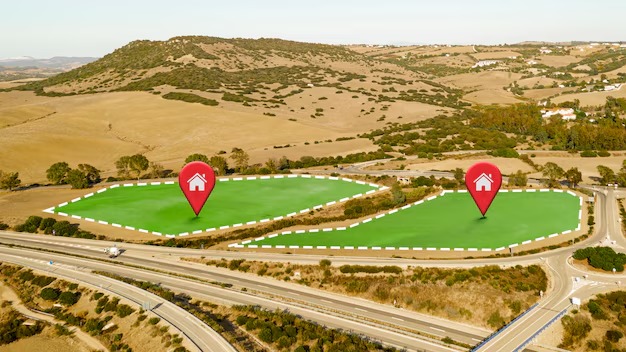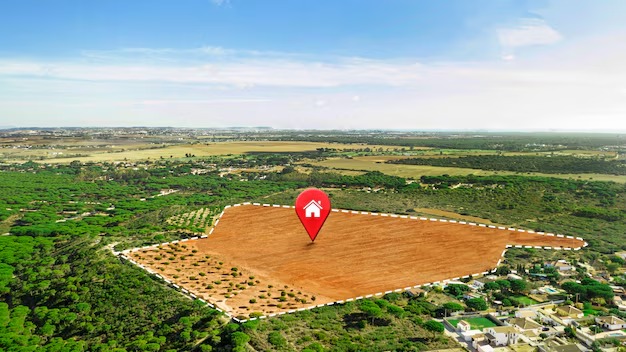Registration of land in Ghana as a Landowner Is an integral process in ownership that puts the world on notice of your ownership. Generally, Priority is given a registered interest as opposed to one which is unregistered unless said registered interest was obtained wrongly. Also an interest derived from a person who lacks the right to make such disposition shall even if registered shall be invalid. Currently the Lands Act,2020 Act 1036 provides for two forms of title registration, the Deeds Title registration and Land title registration.
The Law on the registration of deeds is set out in Chapter 6 of Act 1036. Deed registration is the registration of instruments related to a land. These instruments are considered to be registrable instruments and are defined under section 207 of Act 1036 to include,Conveyance, vesting assent, certificate of purchase issued by a court, a certificate of purchase under the borrowers and lenders act, power of attorney, statutory declaration and a judgement of a court.
Registrable instruments will otherwise noy be registered if they do not contain sufficient description to prescribe a clear description of the land, its locations and boundaries. It will also not be registered if it relates to a previously registered instrument but it makes no reference or provides insufficient information of the previously registered instrument. In addition,an instrument will not be registered if it does not have a site plan attached or the instrument if it is subject to stamong is not stamped or lastly if the instrument does not conform with the requirements of Act 1036.
The first step towards registration is to make an application to the Lands registry accompanied with three copies of the duly executed and proved instrument to be registered and a site plan duly prepared by a licenced surveyor. A stamp duty is charged on the instrument at a current fee of 0.5% of the purchase price.
The Registrar will upon receiving the application issue a receipt which indicates the time and date of application. The time and date plays an important role as priority is given to applications first in time. In case of disputes a s to which application or registration is first in time, the time and date as indicated is referred to.
Upon the successful completion of the registration process a certificate of registration is on the instrument and this certificate must indicate the year, month,day and hour of either the presentation of the instrument or the proof of the instrument. It should be noted that the registered instrument takes effect from the date of proof or presentation and not the date of the completion of registration.
This is the registration of interests pertaining to lands located within a registration district. Registration districts per section 281, the interpretation section of Act 1036 defines a registration district to be an area that has been declared by the Minister of lands as such for the purposes of registration of lands.Section 89(2) of Act 1036 expressly provides that Deeds registration shall cease to be applicable in an area designated as a registration District. Currently,only the Greater Accra region and a part of Kumasi are considered registration districts and going by section 89(2), Deed registration as a means of title registration is inapplicable in these areas.
A land title registration can be considered an extra layer of protection afforded a holder. It is, per section 111 of Act 1036 conclusive evidence of the title held by the successful applicant.
To register title under this system, an applicant must make the application in accordance with form 2 under the 3rd schedule of Act 1036 and in addition submit in triplicate the original deed or any other registrable instrument and site plans.
In the case of a registration of stool/skin, clan/family land, where there is the absence of a registrable instrument, a statutory declaration indicating the interest of the applicant shall be submitted. Where a document recited in a root of title is dated 30 years or more and cannot be found, the grantor or grantee must provide evidence of proof of possession. Note that these documents are subject to a stamp duty of 0.5%.
The Act further provides that where an application is completed, the registrar shall within 90 days upon receipt of the application effect the registration of title.




